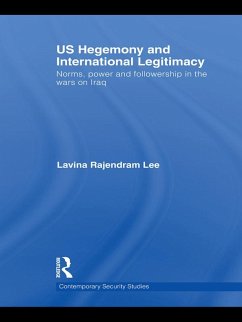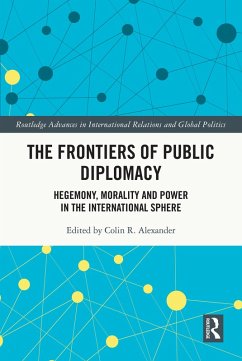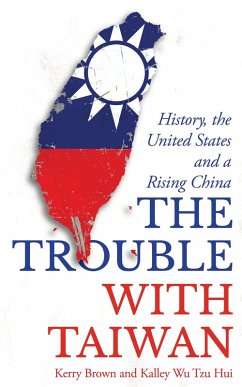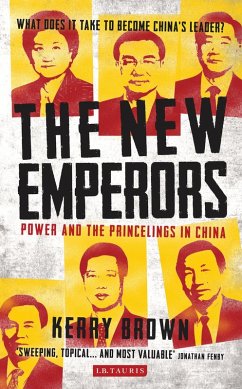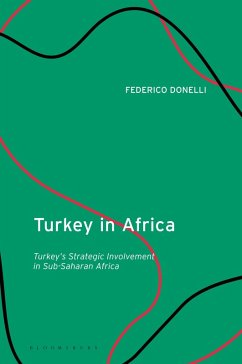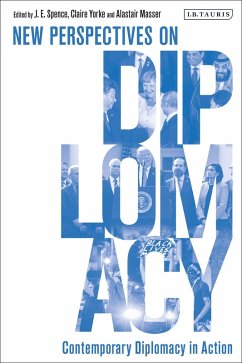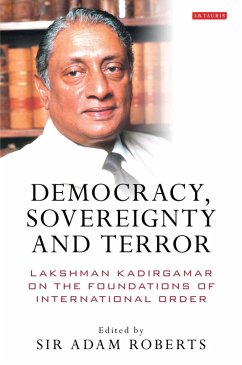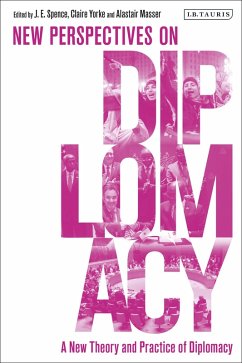
Beyond US Hegemony (eBook, ePUB)
Assessing the Prospects for a Multipolar World

PAYBACK Punkte
10 °P sammeln!
In this major new work - the result of a lifetime of intellectual engagement - one of the developing world's most famous thinkers reflects on the times we live in. He argues that US hegemony has reached a dangerous new level under George Bush Jr, and that the US President's hubristic militarism will both lead to a never-ending cycle of wars and block all hopes of social and democratic progress, not just in developing countries, but in the North as well. Samir Amin also rejects the highly ideological notion that the current form of neoliberal capitalism - 'really existing capitalism' in which i...
In this major new work - the result of a lifetime of intellectual engagement - one of the developing world's most famous thinkers reflects on the times we live in. He argues that US hegemony has reached a dangerous new level under George Bush Jr, and that the US President's hubristic militarism will both lead to a never-ending cycle of wars and block all hopes of social and democratic progress, not just in developing countries, but in the North as well. Samir Amin also rejects the highly ideological notion that the current form of neoliberal capitalism - 'really existing capitalism' in which imperialism is an integral and permanent part - is an inevitable future for humanity, or in fact socially or politically tolerable. At the same time, he is not opposed to globalization as such; indeed he believes the whole world today is irrevocably connected, and that solidarity in diversity is the key to the struggle for a better world. In the body of the book, Amin provides a perspicacious analysis of tendencies within the rich countries - the US, Europe and Japan; the rising powers - China and India; the likely future trajectory of post-Soviet Russia; and the developing world. The central question he pursues is whether there are other hegemonic blocs that may emerge in time to circumscribe American power, and constrain free market capitalism and force it to adjust to demands other than its narrow central economic logic. This important and thought-provoking book identifies the key global campaigns Samir feels progressives should launch around the world. 'Another world is possible.' But, he warns, the diverse citizens' movements loosely gathered together in the World Social Forum must bite the political bullet and recognise that they can only transform the world if they seek political power.




